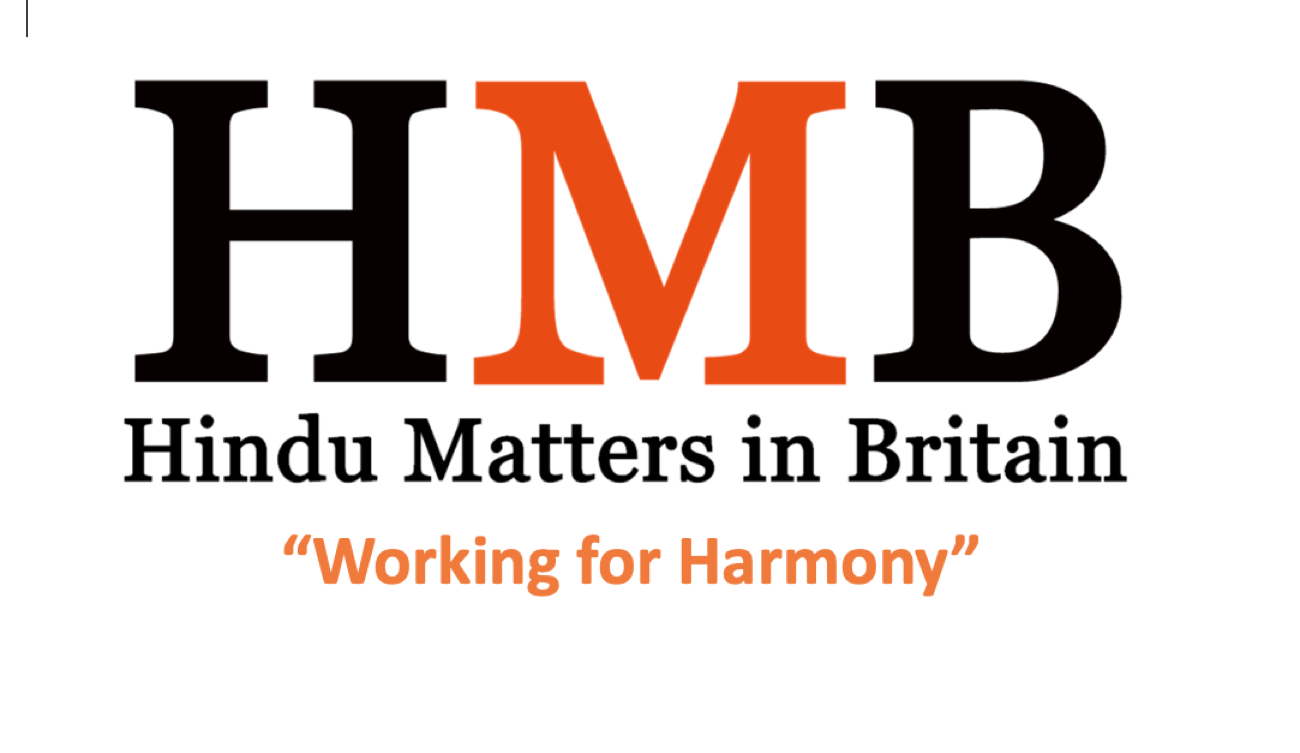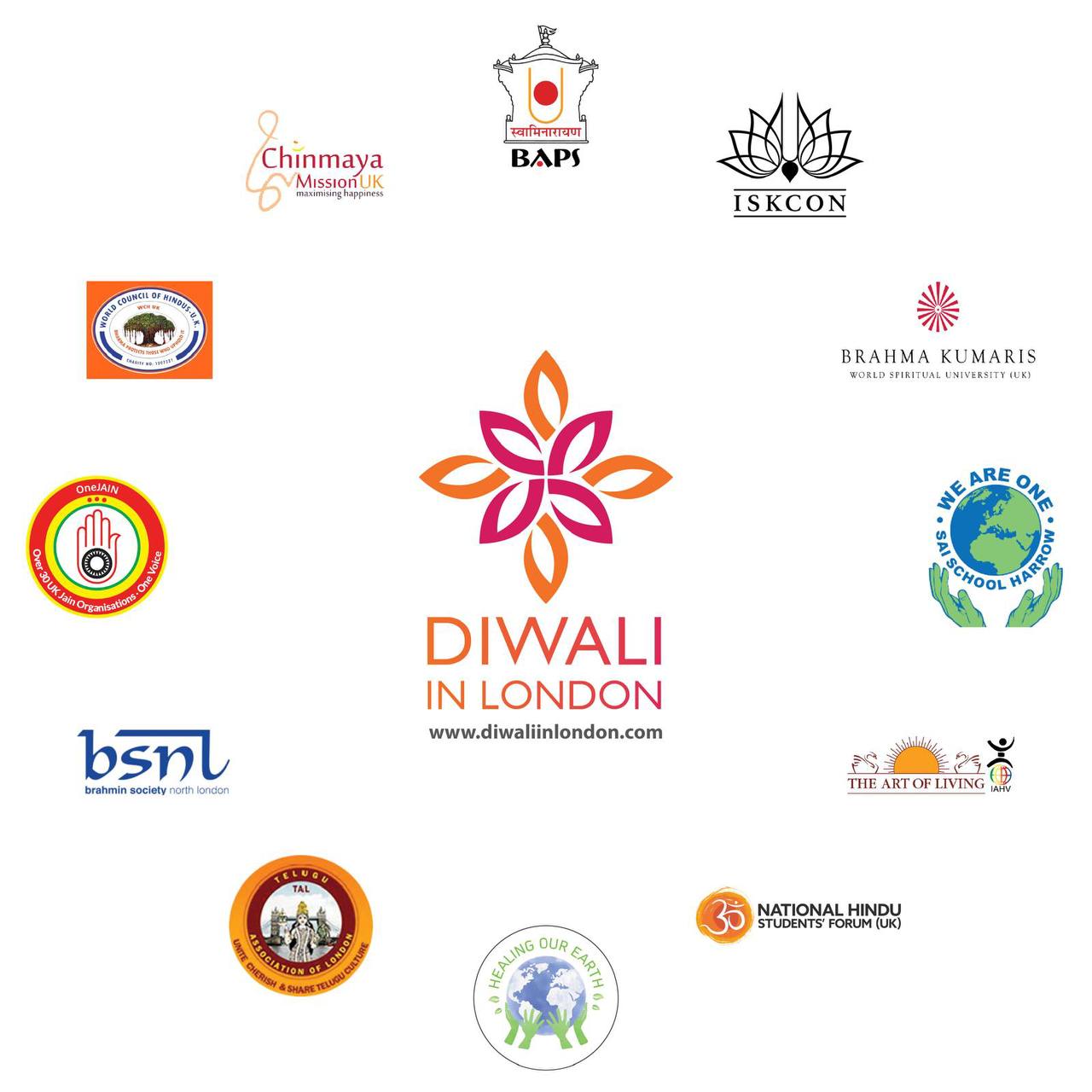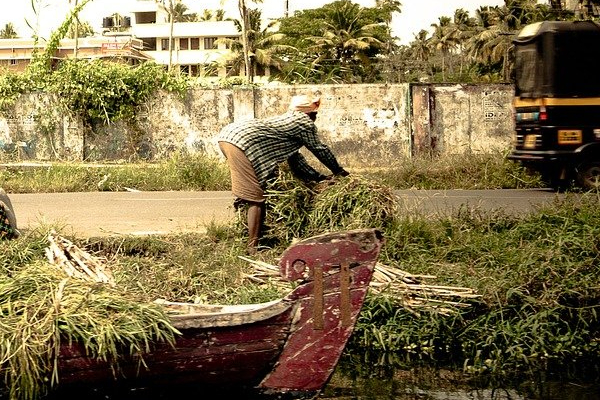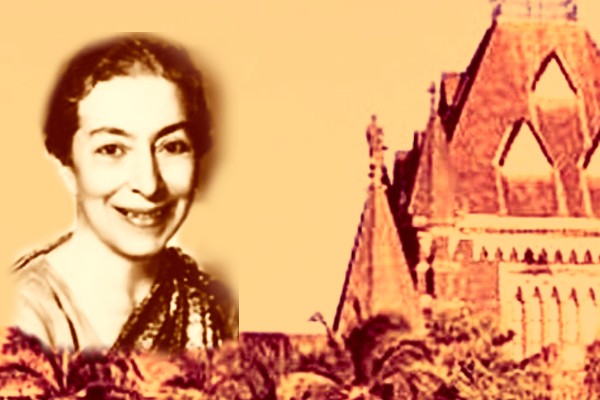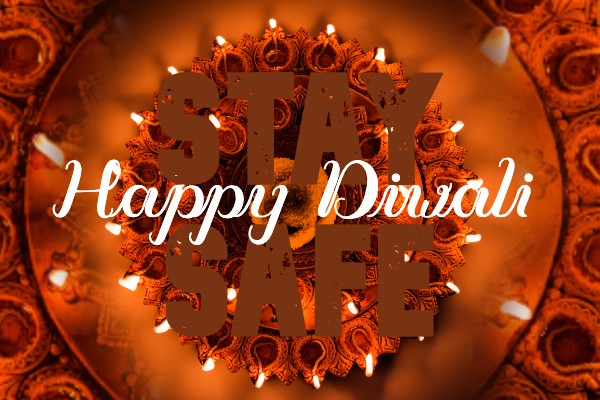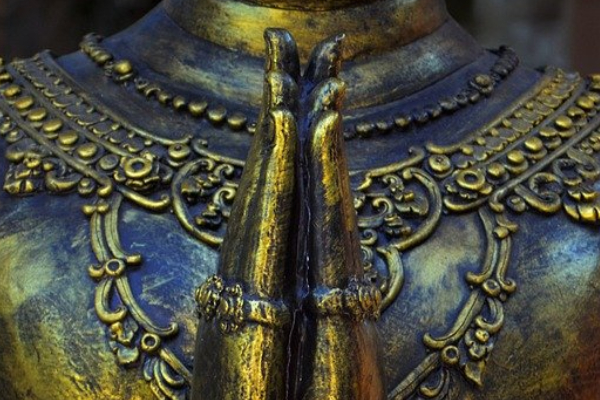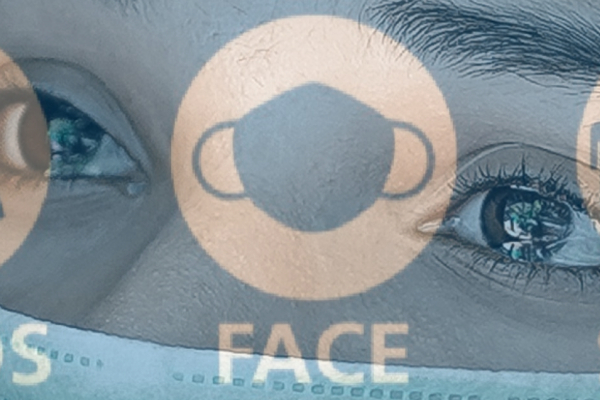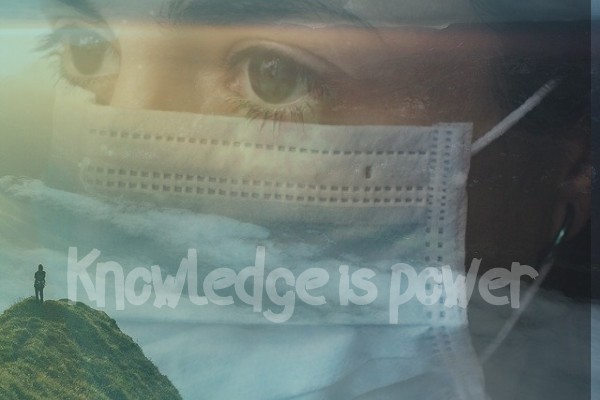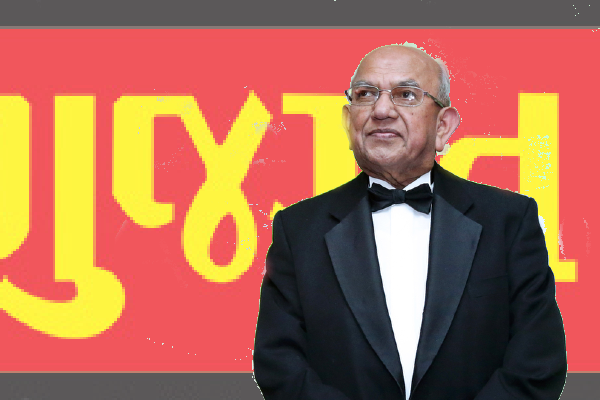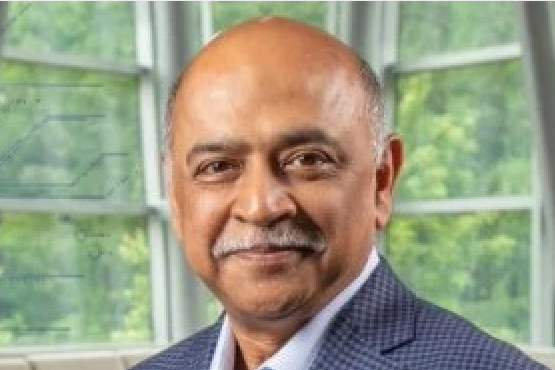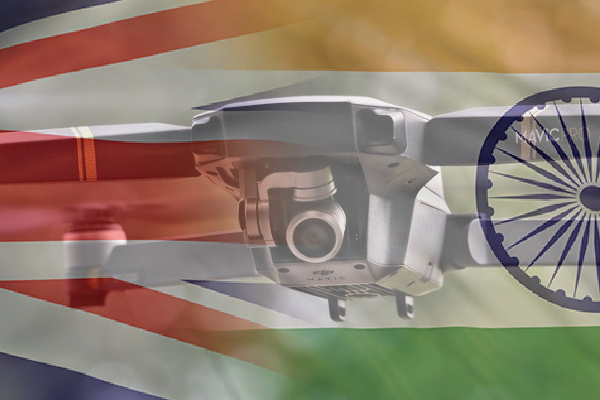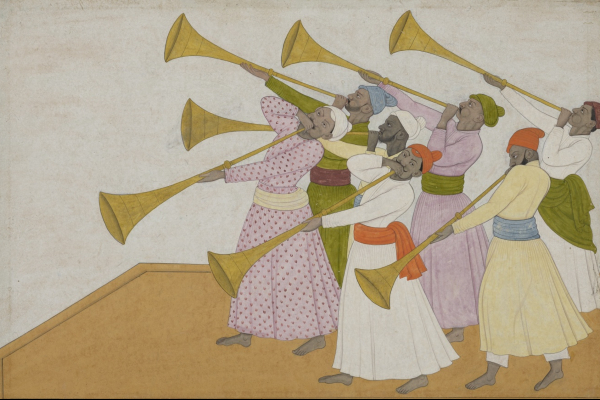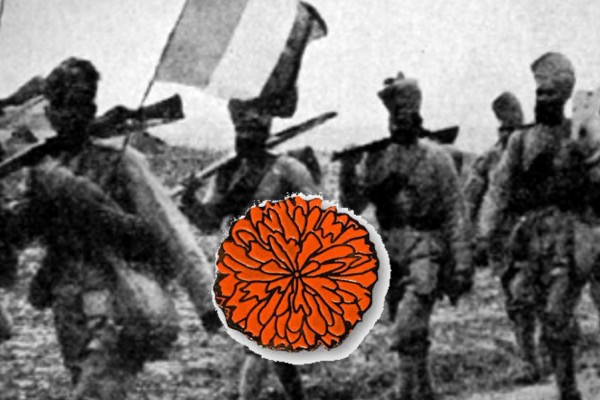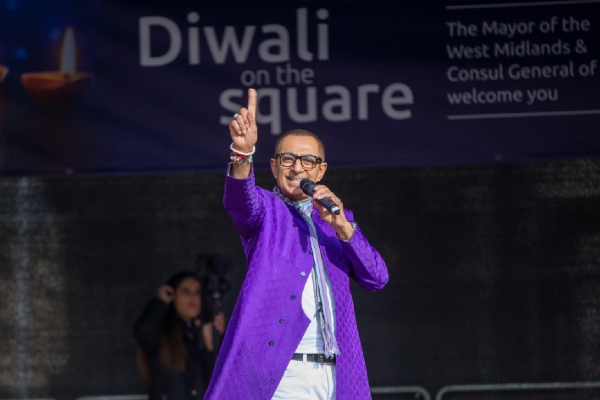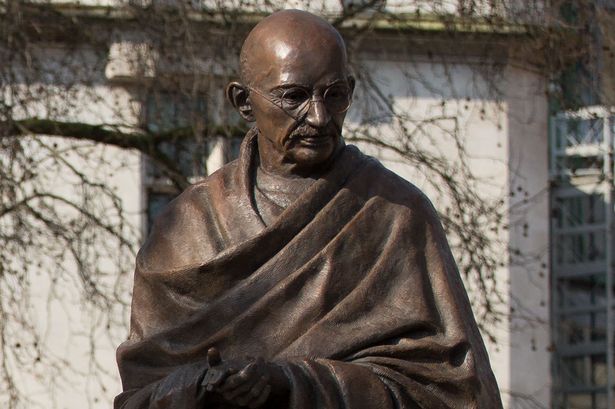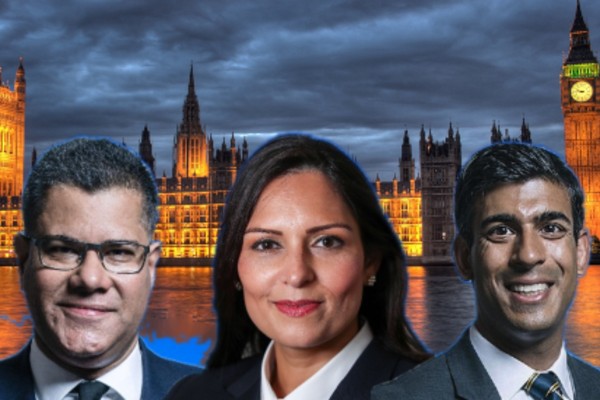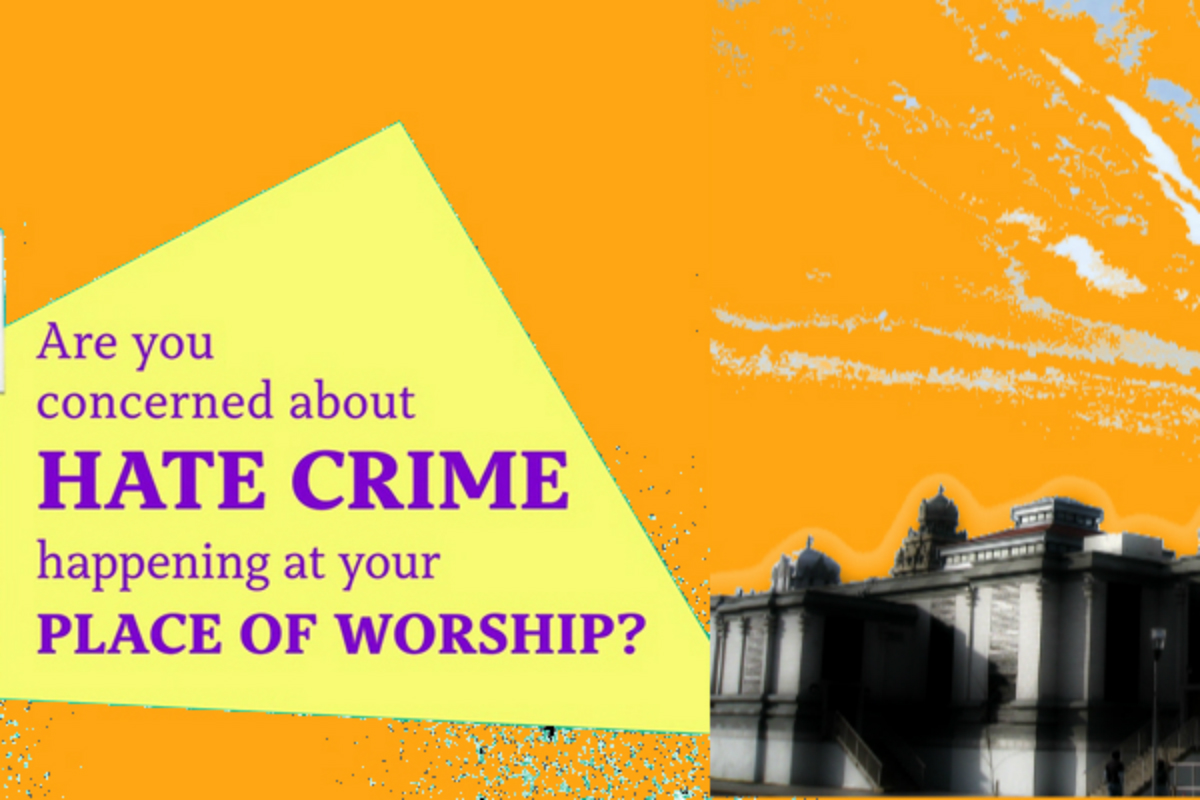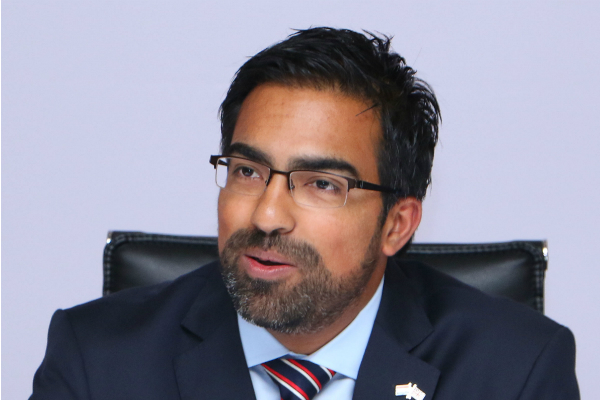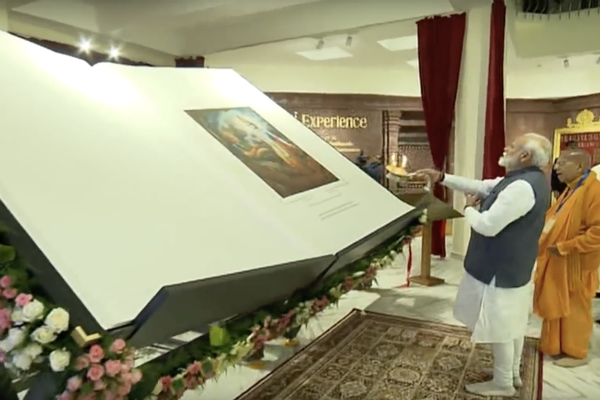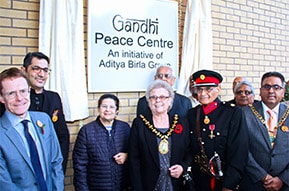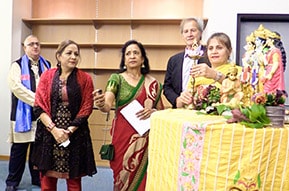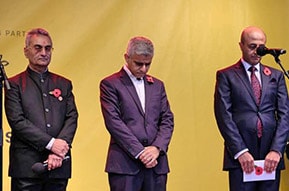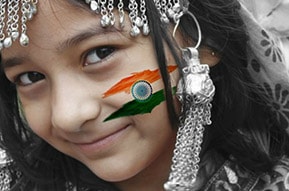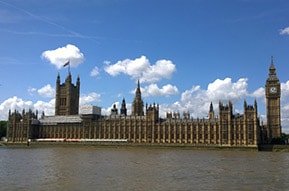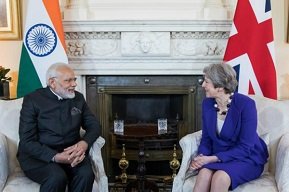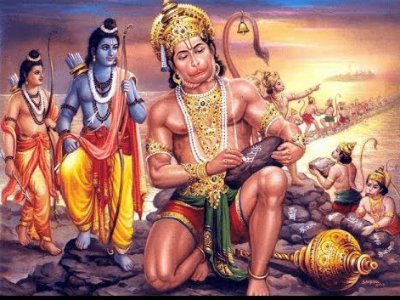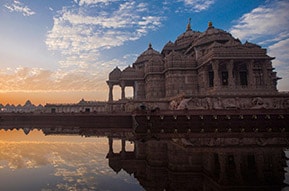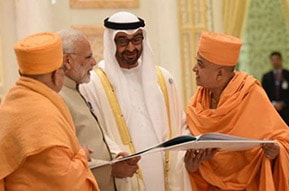Are British Indians finally becoming politically engaged?
Indians in the UK have enjoyed tremendous success. They are perceived as very hard working, open-minded and can easily integrate with the host society. The Indian diaspora succeeds wherever it is based. But there is an exception – the success comes with a hidden blemish. That is when it comes to political engagement, the picture is not as rosy.
The current debate on Kashmir has helped highlight this political apathy.
Kashmir has been a hotbed of anger beyond the boundaries of the sub-continent. The abrogation of Article 370 was lashed onto by Pakistan’s Prime Minister Imran Khan. It spun into a spiral of human rights abuses and a threat to world freedom.
Listening to the Pakistani PM’s speech at the UN General Assembly, there was plenty of war rhetoric leading to human rights violations, bloodbath and nuclear war. The hype was an advert for WW3.
India did not succumb to such aggressive bullying and stuck to its own policy. Astonishingly, changing a legislative code to equalise the development of Jammu and Kashmir is seen as a violation of human rights! When, in fact, the intention is to free the people and help them develop with the rest of India.
Beyond the border on the other side where state-sponsored terrorism is coming to bite the status quo. Peace and development in Jammu and Kashmir would not be productive for a fanatical lifestyle. Without fear and oppression, the fanatics cannot operate and help their cause. India’s decision on Kashmir has rattled the extremists. It is a courageous decision which has turned into a psychological war of narratives and counter-narratives spreading on the international media. The New York Times surprisingly accepted a full page add on the demise and abuse of the people of Kashmir. A shocking example of money dictating a false narrative.
In the UK the Labour Party passed a motion on Kashmir at the behest of Pakistani origin Labour MPs, who lobbied aggressively. While all this was happening, the UK Indians kept relatively quiet. It was difficult for the Indian activists to wake up the Indian community and gather any momentum to counteract any kind of anti-India propaganda.
Arguably, it was the violent attack on the Indian High Commission that finally woke up the Indian psyche. Indian companies fervently complained to the Government demanding justice. And it took a White member of parliament to speak out against the anti-India lobby. Bob Blackman, MP for Harrow East who is primarily supported by British Hindu constituents, raised the issue in parliament. It did help shame Indian origin MPs who has stayed quiet on the matter.
The rise of the Indian diaspora in speaking out against the anti-India lobby finally paid dividends. The Kashmir protestors decided to hold a political march in London during Diwali and march towards the Indian High Commission. The authorities allowed it to go ahead even though London’s mayor Sajid Khan, condemned it.
The Home Office and Metropolitan Police had to compromise as the Indian voices got louder. While allowing the Kashmir protest to take place on Diwali, it had to be away from the Indian High Commission.
Can you imagine what would happen if a white person decides to hold a protest march at the Pakistani High Commission during Eid - it would not be allowed? Yet, for some reason, the authorities think it is OK to do it against the Indian community.
So what was expected to be a march of 10,000 protestors turned into a pitiful 3,000 or so! What was very sad was seeing young children encouraged to kick an effigy of Indian Prime Minister Modi. This is an example of how kids are radicalised and who may become a threat to national security in a few years. Are these the British Values we want to teach our young people?
Countering the protests were a group of Indian people who used a digital billboard to highlight the universal peace and love message of Diwali. What a way to appease the aggressors.
So does this mean that the Indian diaspora has finally woken up and will engage politically? Perhaps the next election will tell when Indian people decide to oust individuals and political parties who did not support them or their cause. Or will it be another crisis before the people choose to engage again in the political spheres? After all, it wasn’t a long ago when such apathy led to caste legislation being instigated into British law. The Indian diaspora woke up late then, and they have woken up late with Kashmir. Will people learn or are Indians just going to wake up when there is a crisis because one day, they make not wake up in time.
